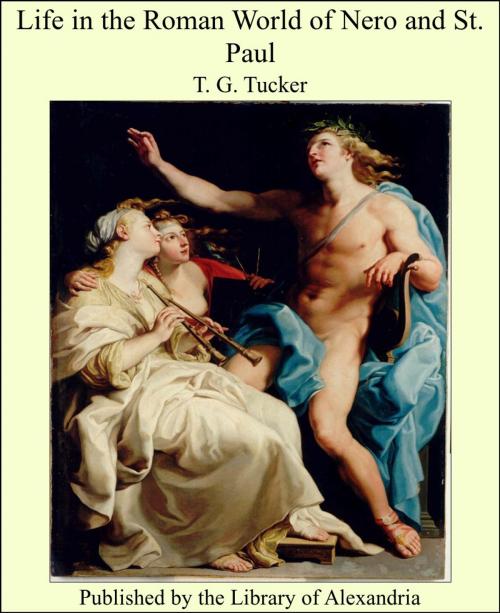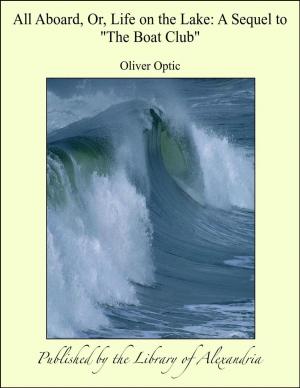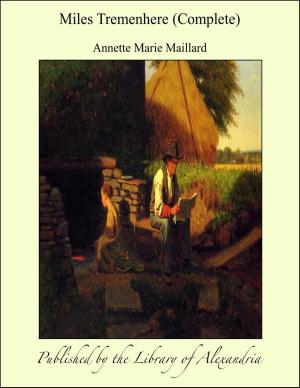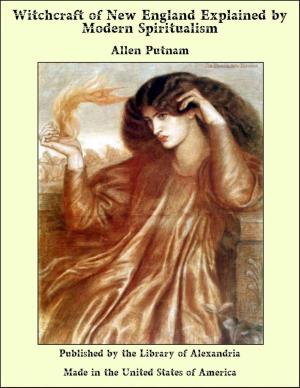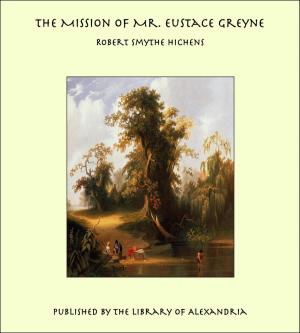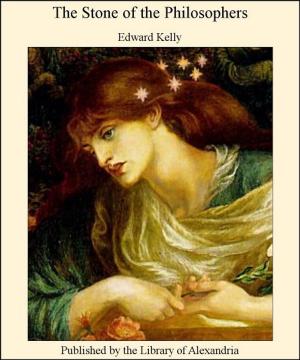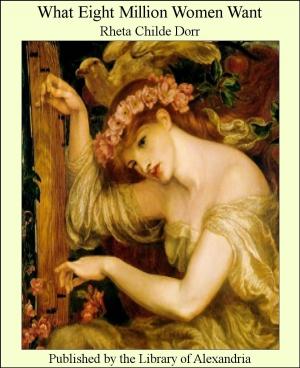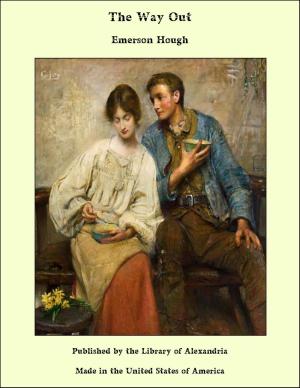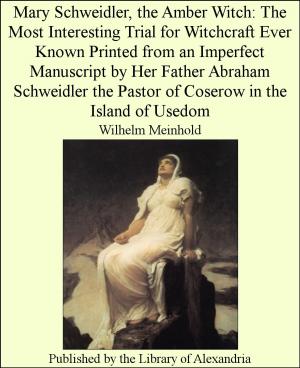Life in the Roman World of Nero and St. Paul
Nonfiction, Religion & Spirituality, New Age, History, Fiction & Literature| Author: | T. G. Tucker | ISBN: | 9781465534217 |
| Publisher: | Library of Alexandria | Publication: | March 8, 2015 |
| Imprint: | Language: | English |
| Author: | T. G. Tucker |
| ISBN: | 9781465534217 |
| Publisher: | Library of Alexandria |
| Publication: | March 8, 2015 |
| Imprint: | |
| Language: | English |
The reception accorded to my Life in Ancient Athens has led me to write the present companion work with an eye to the same class of readers. In the preface to the former volume it was said: “I have sought to leave an impression true and sound, so far as it goes, and also vivid and distinct. The style adopted has therefore been the opposite of the pedantic, utilizing any vivacities of method which are consistent with truth of fact.” The same principles have guided me in the present equally unpretentious treatise. I agree entirely with Mr. Warde Fowler when he says: “I firmly believe that the one great hope for classical learning and education lies in the interest which the unlearned public may be brought to feel in ancient life and thought.” For the general reader there is perhaps no period in the history of the ancient world which is more interesting than the one here chosen. Yet, so far as I know, there exists no sufficiently popular work dealing with this period alone and presenting in moderate compass a clear general view of the matters of most moment. My endeavour has been to represent as faithfully as possible the Age of Nero, and nowhere in the book is it implied that what is true for that age is necessarily as true for any Other. The reader who is not a special student of history or antiquities is perhaps as often confused by descriptions of ancient life which cover too many generations as by those—often Otherwise excellent—which include too much detail
The reception accorded to my Life in Ancient Athens has led me to write the present companion work with an eye to the same class of readers. In the preface to the former volume it was said: “I have sought to leave an impression true and sound, so far as it goes, and also vivid and distinct. The style adopted has therefore been the opposite of the pedantic, utilizing any vivacities of method which are consistent with truth of fact.” The same principles have guided me in the present equally unpretentious treatise. I agree entirely with Mr. Warde Fowler when he says: “I firmly believe that the one great hope for classical learning and education lies in the interest which the unlearned public may be brought to feel in ancient life and thought.” For the general reader there is perhaps no period in the history of the ancient world which is more interesting than the one here chosen. Yet, so far as I know, there exists no sufficiently popular work dealing with this period alone and presenting in moderate compass a clear general view of the matters of most moment. My endeavour has been to represent as faithfully as possible the Age of Nero, and nowhere in the book is it implied that what is true for that age is necessarily as true for any Other. The reader who is not a special student of history or antiquities is perhaps as often confused by descriptions of ancient life which cover too many generations as by those—often Otherwise excellent—which include too much detail
